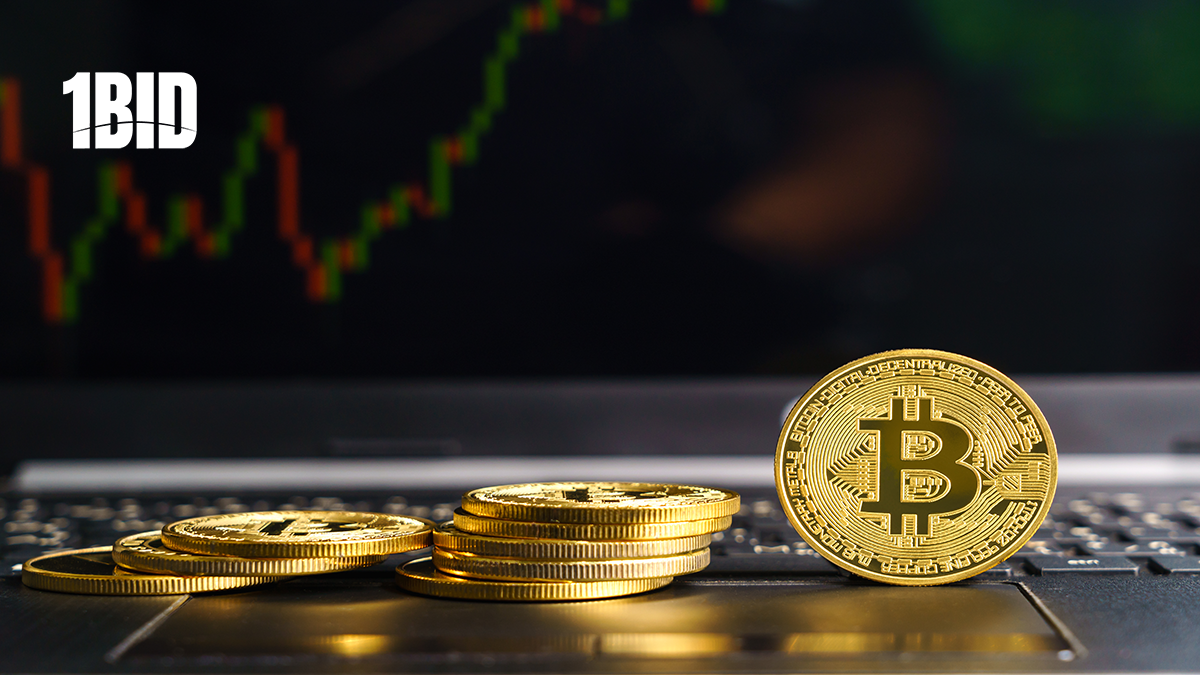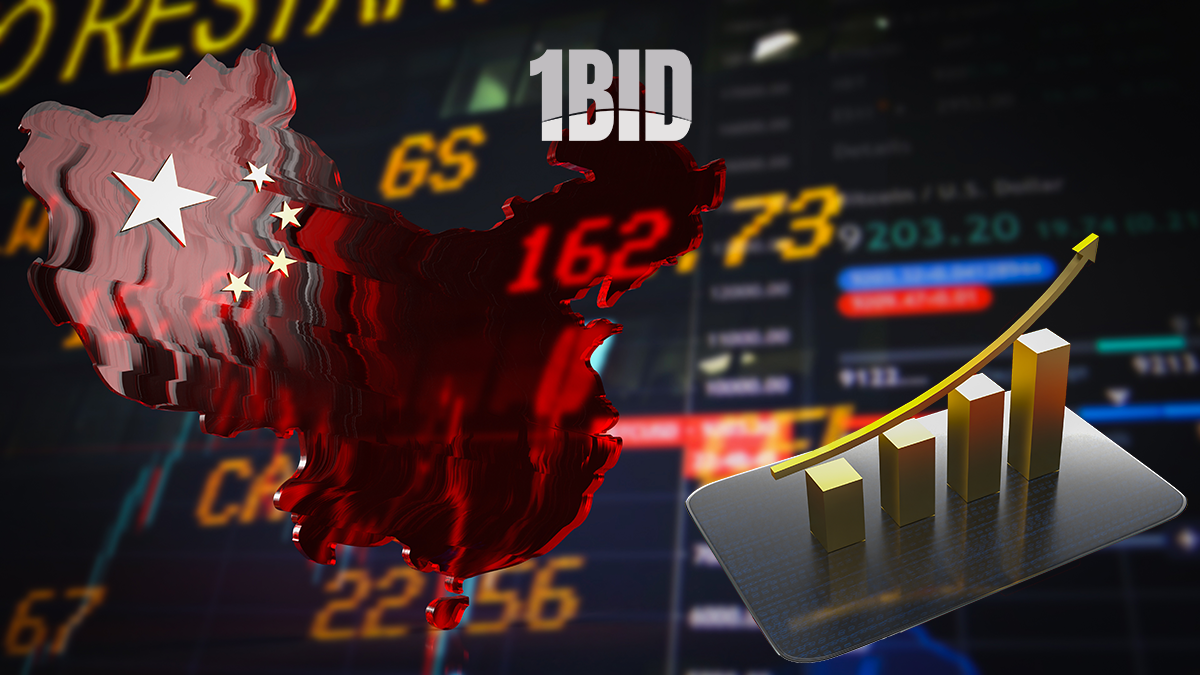For the global economy, 2023 turned out to be fatal. Given what is happening, the world has experienced a distribution of price competition for valuable resources and a very strong increase in inflation. However, the actions of economic and political figures led to not very good consequences. According to our forecasts, everything is heading towards the fact that in 2024 the world economy will move even closer to a state of recession, and GDP growth may slow down to 2.6%. According to the general definition, a recession in the global economy is considered to be a GDP level of 2.5%.
All these, of course, are numbers, but the main thing now is how leading economic countries will exit the cycle of raising interest rates and observe inflation after a strong drop in indicators due to tight monetary policy. The next 12 months will be a year of lower interest rates. After pursuing their most aggressive tightening campaign in decades in 2022 and 2023, central banks around the world are poised to begin easing monetary policy as inflation continues to fall.
However, all this is more like the cat-and-mouse game between Tom and Jerry from the cartoon of the same name, where Tom plays economic figures, and Jerry plays global inflation.
One thing is certain: 2024 could be very profitable.
We expect high volatility for all major assets of the financial market, especially for currency pairs and cryptocurrency, which can become a safe haven for large capital.








